Cholesterol is a vital substance in our bodies, essential for building cells and producing certain hormones. However, having high levels of cholesterol in your blood can increase the risk of heart disease. Understanding which foods are high in cholesterol is crucial for maintaining a healthy lifestyle and managing cholesterol levels effectively.
What is Cholesterol?
Cholesterol is a waxy, fat-like substance found in every cell of the body. It is carried through the bloodstream by lipoproteins. There are two main types of cholesterol:
- Low-Density Lipoprotein (LDL): Often referred to as “bad” cholesterol, LDL can build up in the walls of arteries, making them hard and narrow.
- High-Density Lipoprotein (HDL): Known as “good” cholesterol, HDL helps carry cholesterol away from the arteries and back to the liver, where it is processed and removed from the body.
Foods High in Cholesterol
Red Meat
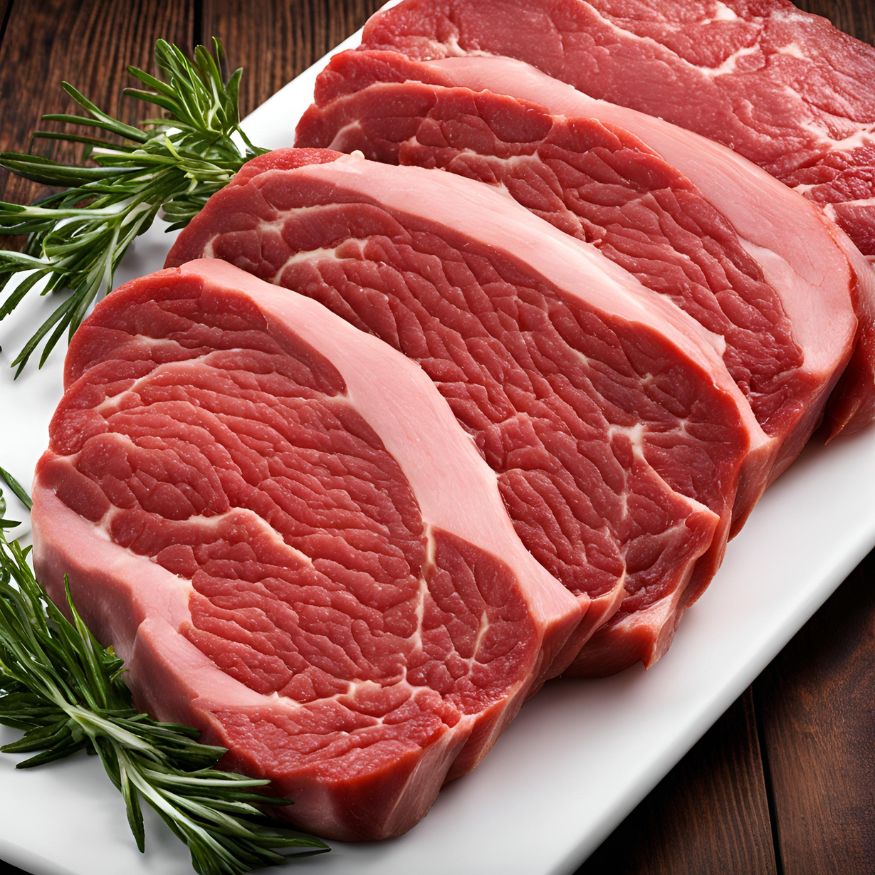
Red meat, including beef, lamb, and pork, is a major source of cholesterol. It is also high in saturated fats, which can further elevate LDL cholesterol levels. Limiting consumption of red meat and opting for leaner cuts can help manage cholesterol intake.
Organ Meats
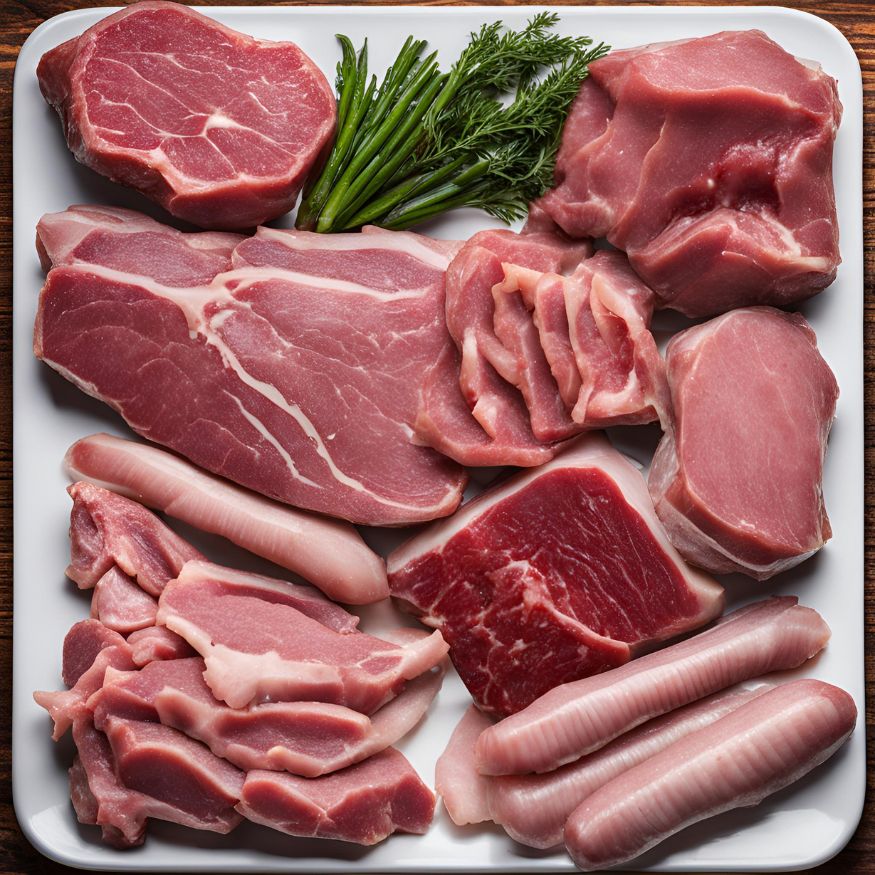
Organ meats such as liver, kidneys, and heart are incredibly high in cholesterol. While they can be nutritious in small amounts, frequent consumption can significantly raise cholesterol levels.
Full-Fat Dairy Products
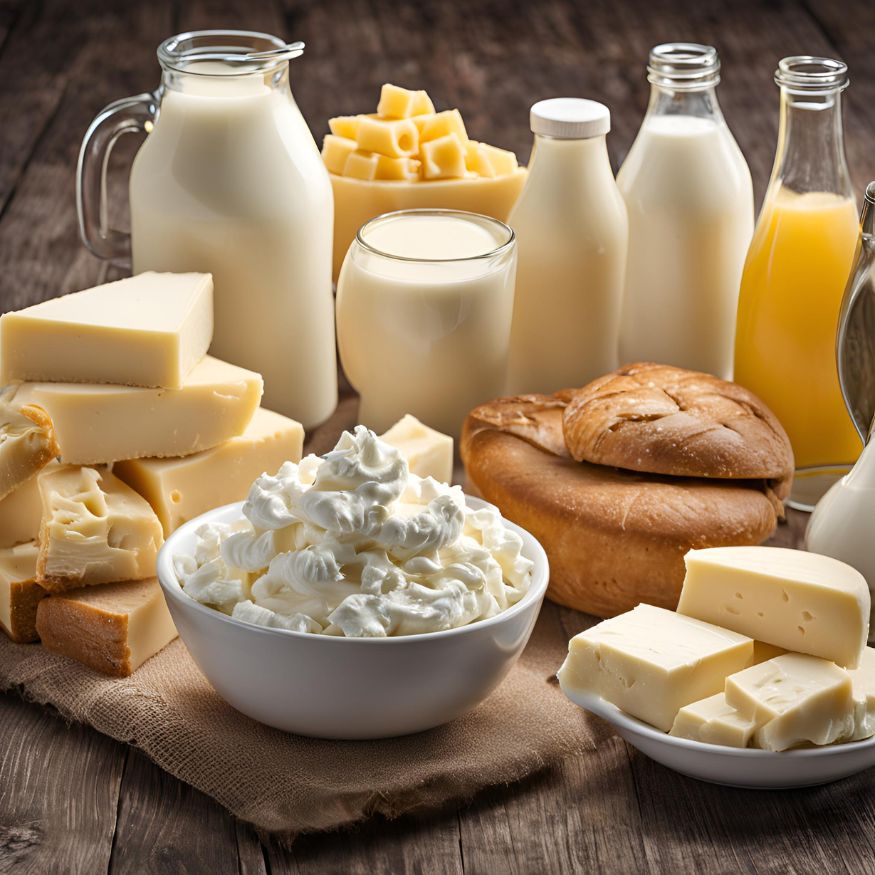
Full-fat dairy products, including whole milk, cheese, and butter, contain high levels of cholesterol and saturated fats. Switching to low-fat or fat-free dairy options can help reduce cholesterol intake.
Fried Foods
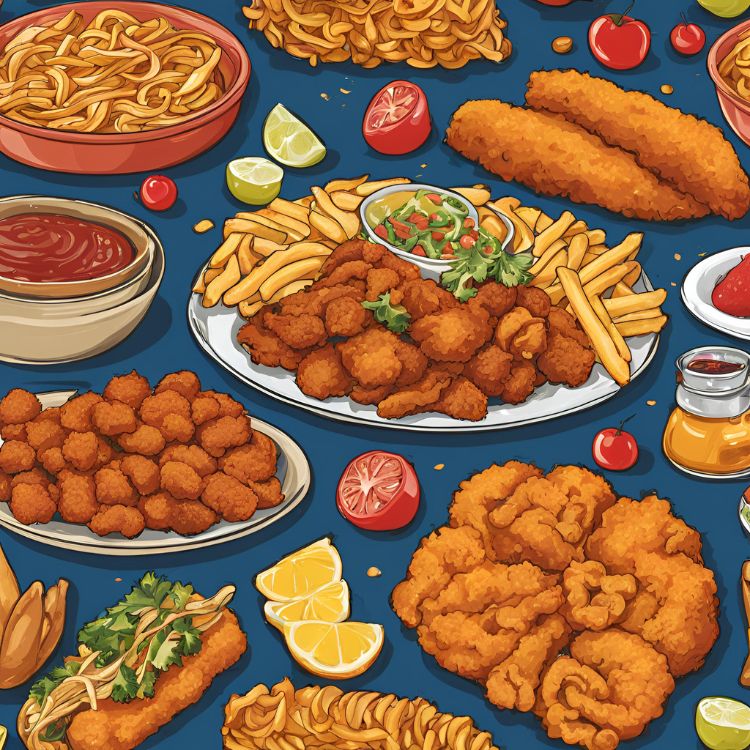
Fried foods, such as fried chicken and french fries, are not only high in cholesterol but also contain trans fats, which are particularly harmful. Trans fats can increase LDL cholesterol and decrease HDL cholesterol, leading to a higher risk of heart disease.
Processed Meats
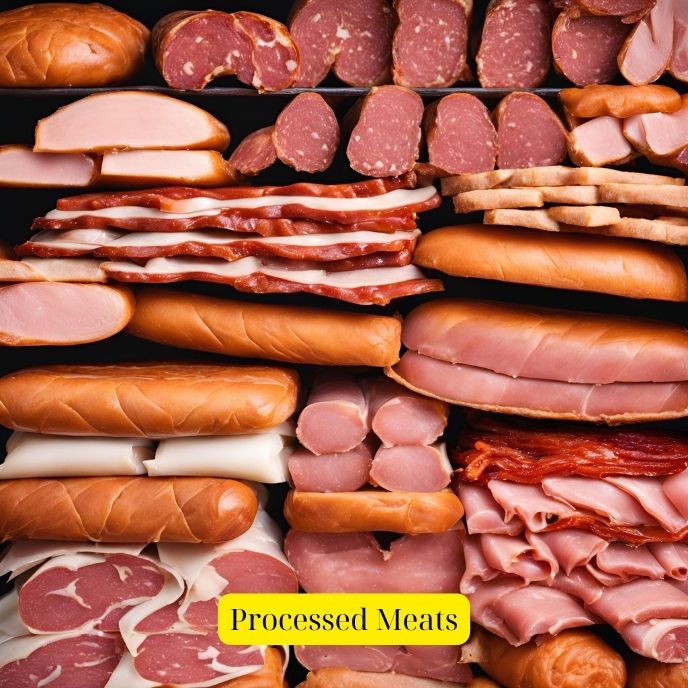
Processed meats like sausages, hot dogs, and bacon are high in cholesterol and saturated fats. These foods also often contain additives and preservatives that can negatively impact health.
Shellfish

Shellfish, including shrimp, lobster, and crab, are known for their high cholesterol content. While they can be part of a healthy diet in moderation, it’s important to balance their intake with other lower-cholesterol foods.
The Impact of High Cholesterol Foods on Health
Consuming high cholesterol foods can significantly affect blood cholesterol levels. Elevated LDL cholesterol can lead to the buildup of plaque in the arteries, increasing the risk of heart disease, stroke, and other cardiovascular conditions. Maintaining a diet low in cholesterol and saturated fats is crucial for heart health.
Healthier Alternatives to High Cholesterol Foods
Lean Proteins
Choosing lean proteins such as chicken breast, turkey, and fish can help reduce cholesterol intake. These options are lower in saturated fats and can be part of a heart-healthy diet.
Plant-Based Alternatives
Incorporating plant-based foods into your diet is an excellent way to lower cholesterol levels. Foods like beans, lentils, and tofu are high in protein and fiber while being low in cholesterol and saturated fats.
Low-Fat Dairy Options
Switching to low-fat or fat-free dairy products can significantly reduce cholesterol intake. Options such as skim milk, low-fat yogurt, and reduced-fat cheese provide essential nutrients without the added cholesterol.
Tips for Managing Cholesterol Through Diet
- Increase Fiber Intake: Foods high in soluble fiber, such as oats, fruits, and vegetables, can help lower LDL cholesterol.
- Choose Healthy Fats: Replace saturated and trans fats with healthier fats found in olive oil, avocados, and nuts.
- Read Food Labels: Pay attention to food labels and choose products low in cholesterol and saturated fats.
- Limit Processed Foods: Minimize consumption of processed and fast foods, which are often high in unhealthy fats and cholesterol.
Conclusion
Maintaining balanced cholesterol levels is essential for heart health. By understanding which foods are high in cholesterol and making healthier dietary choices, you can reduce your risk of heart disease and promote overall well-being. Remember, it’s not just about avoiding high cholesterol foods but also about incorporating nutrient-rich alternatives into your diet.
FAQs
What are the worst foods for high cholesterol?
The worst foods for high cholesterol include red meat, organ meats, full-fat dairy products, fried foods, processed meats, and shellfish.
How can I lower my cholesterol levels quickly?
To lower cholesterol levels quickly, increase your intake of soluble fiber, choose healthy fats, exercise regularly, and avoid high cholesterol and saturated fat foods.
Are there any high cholesterol foods that are healthy?
Some high cholesterol foods, such as eggs and shellfish, can be healthy in moderation. They provide essential nutrients but should be balanced with other low-cholesterol foods.
How does dietary cholesterol affect blood cholesterol?
Dietary cholesterol can raise blood cholesterol levels, especially LDL cholesterol. However, its impact varies among individuals, and it is essential to consider overall dietary patterns.
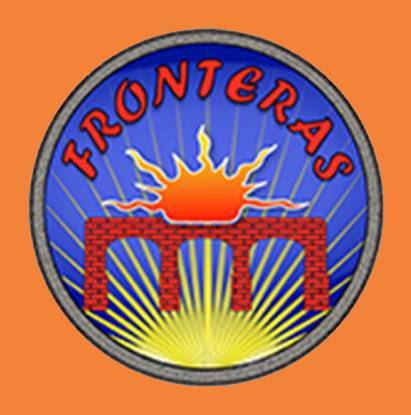
Related Articles :